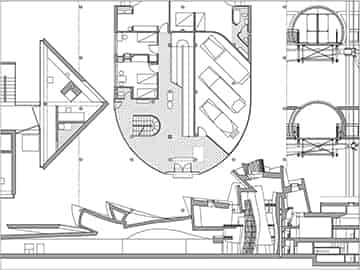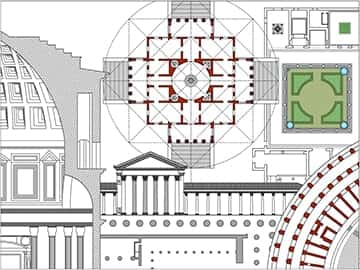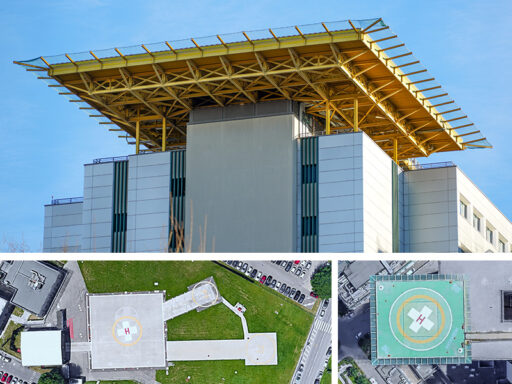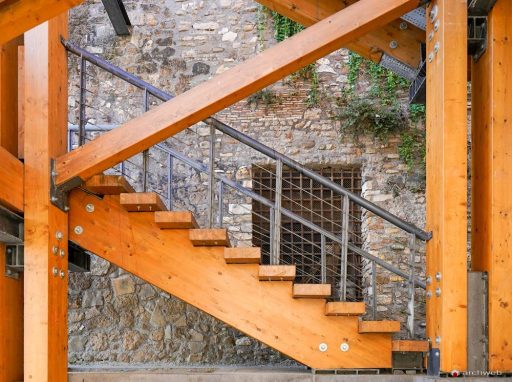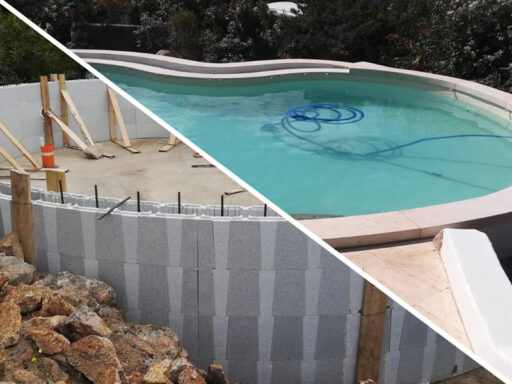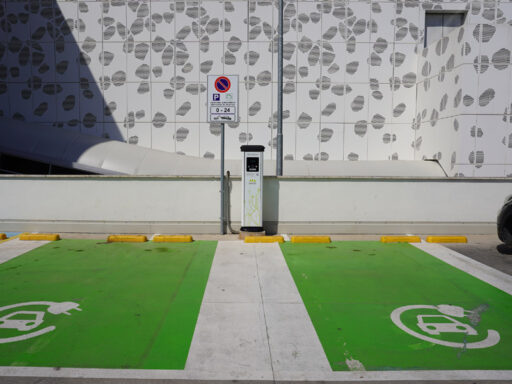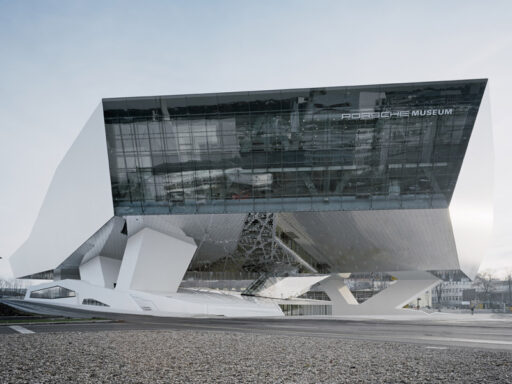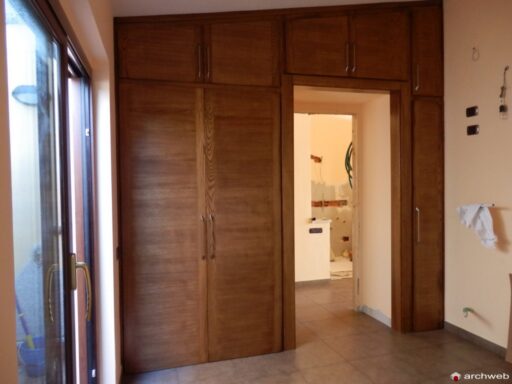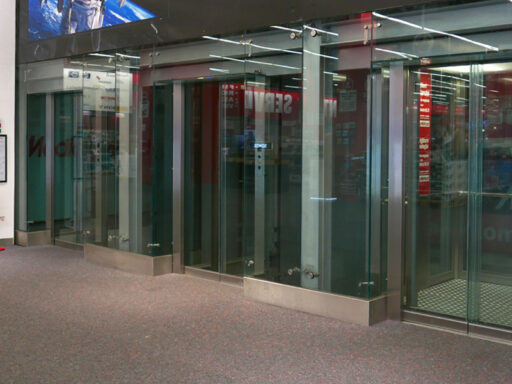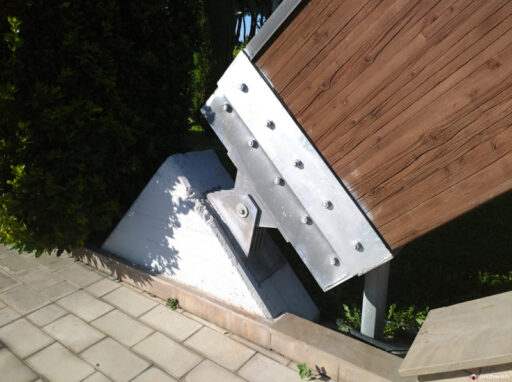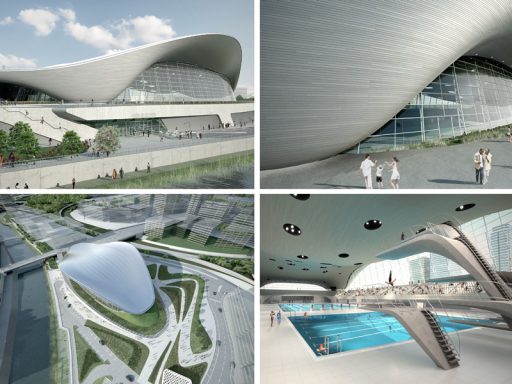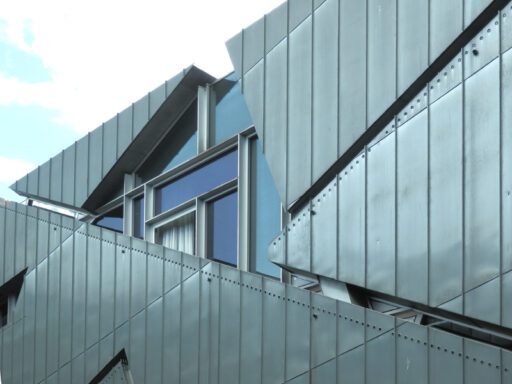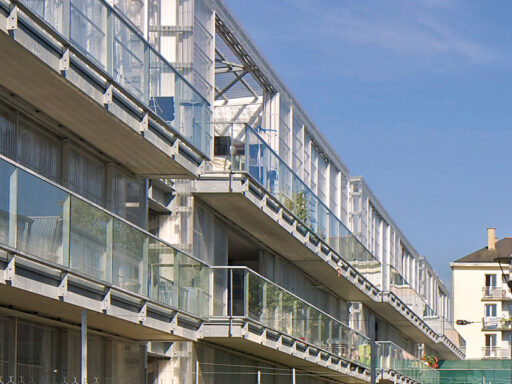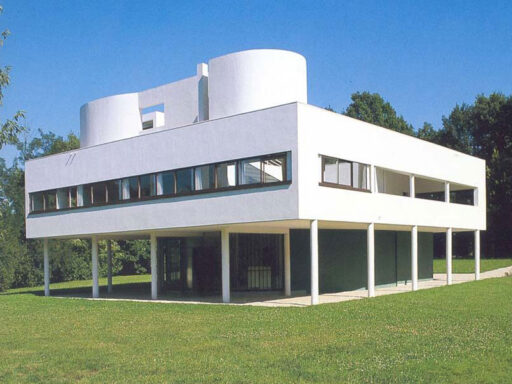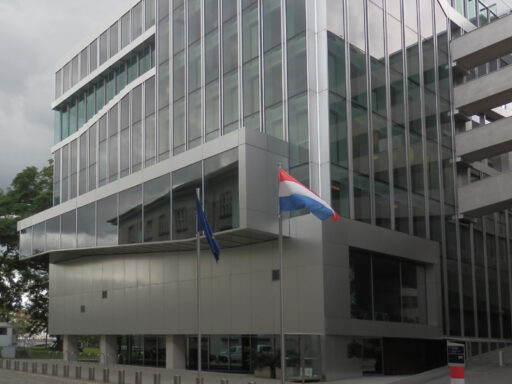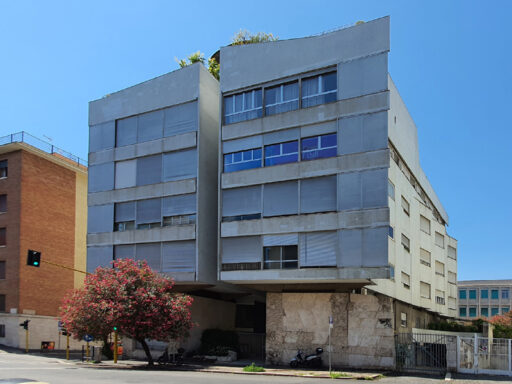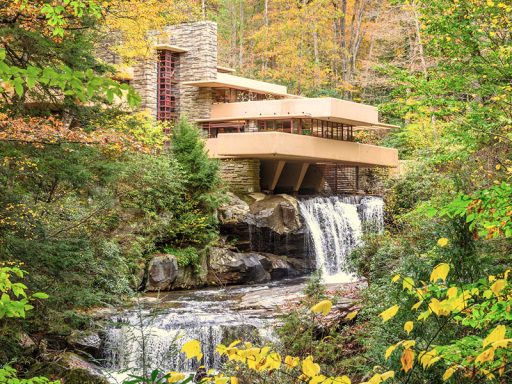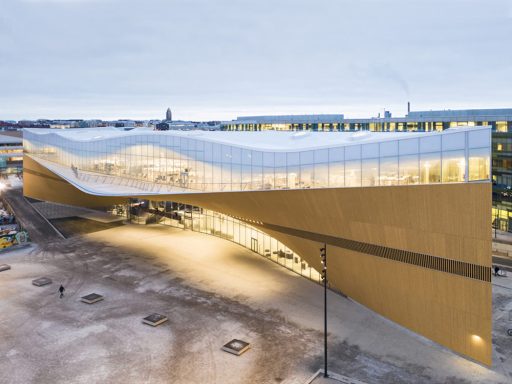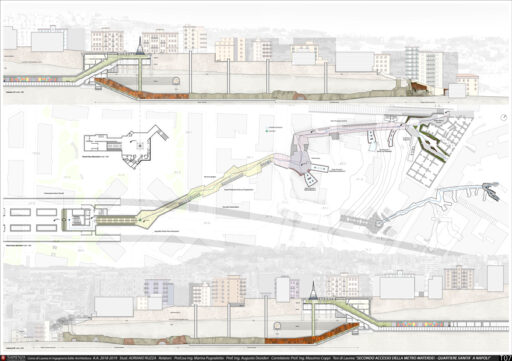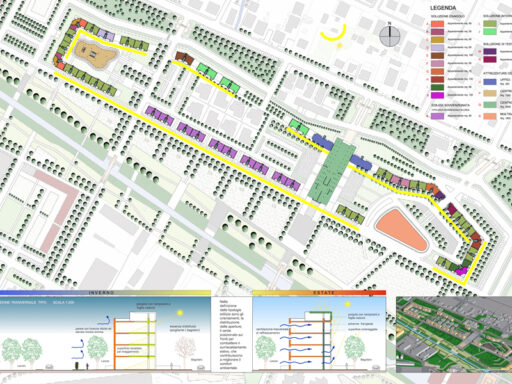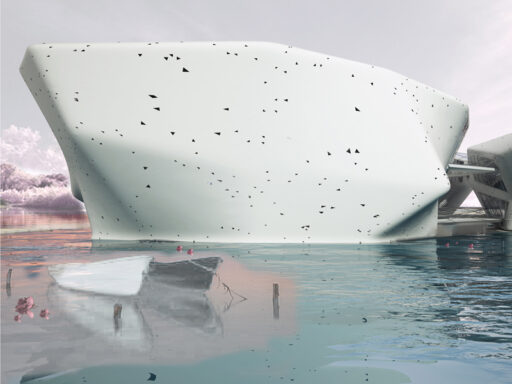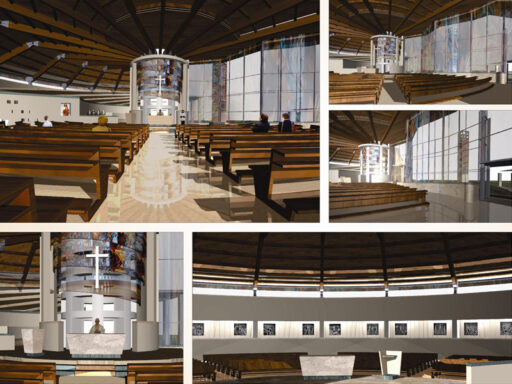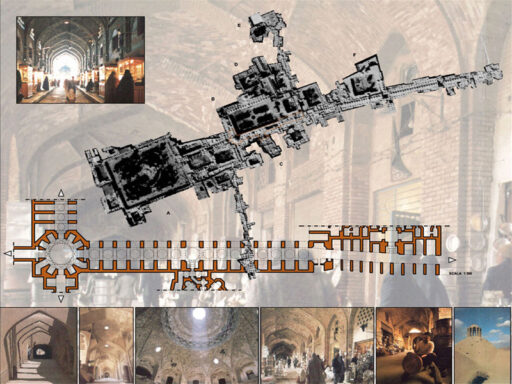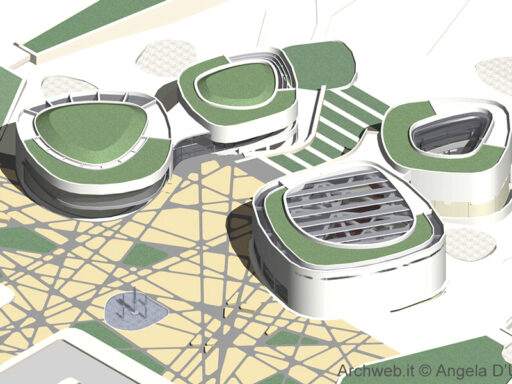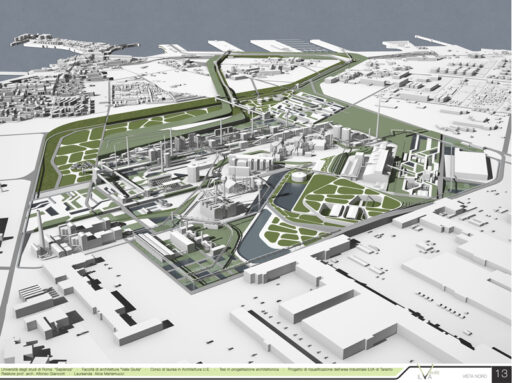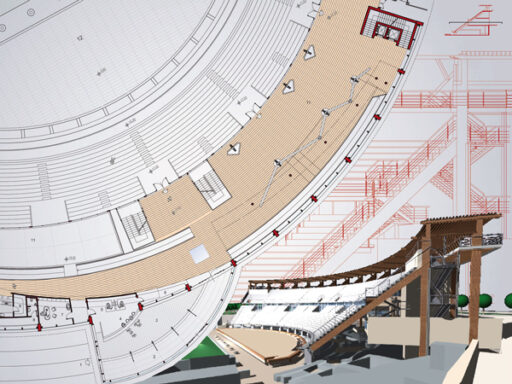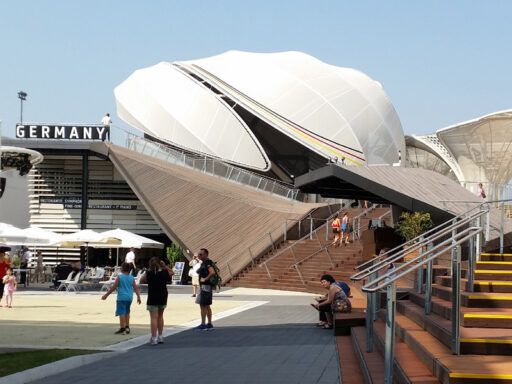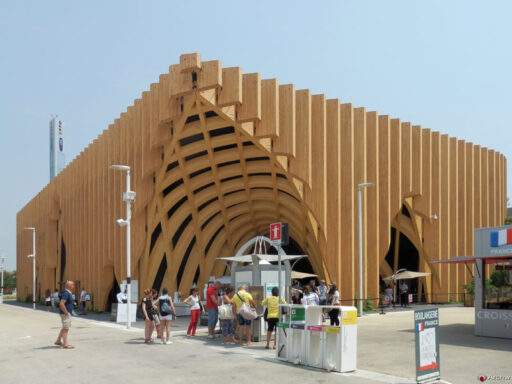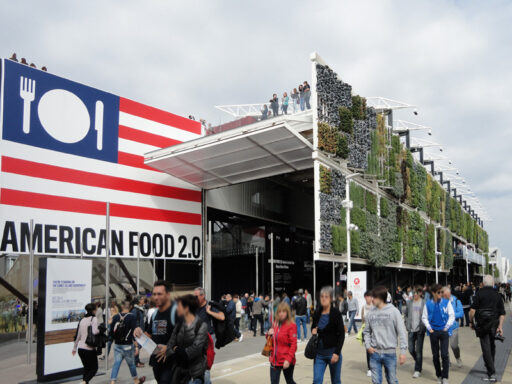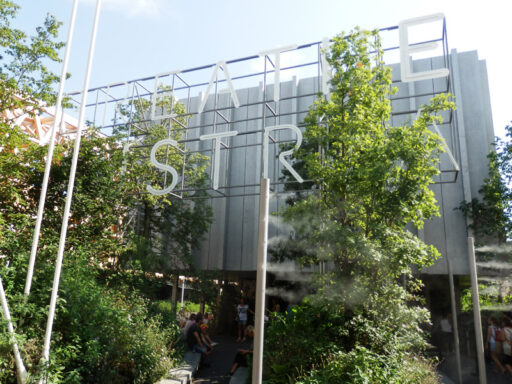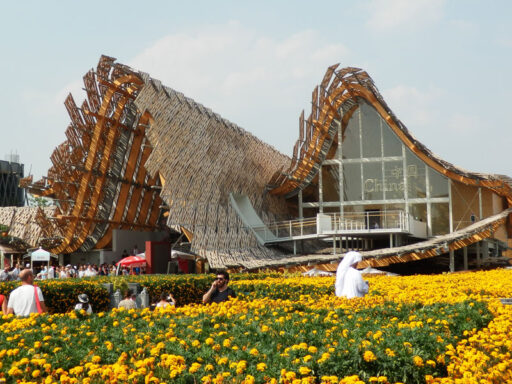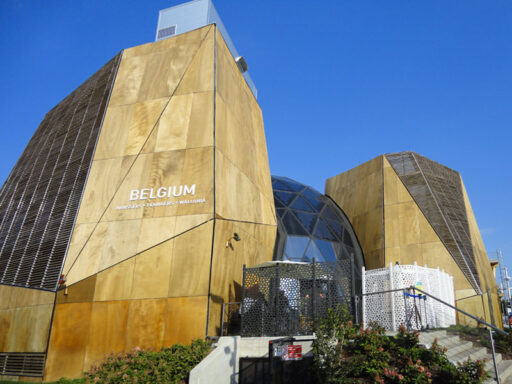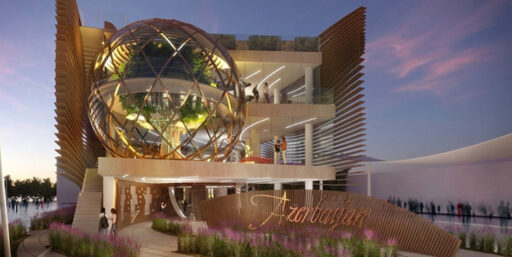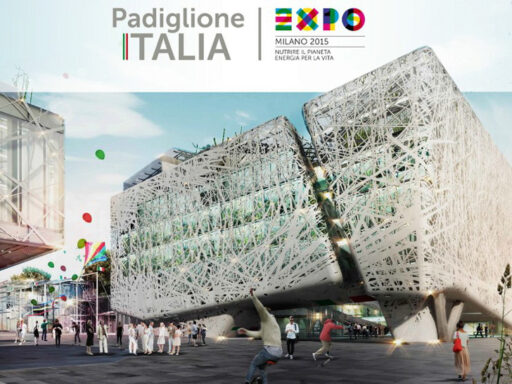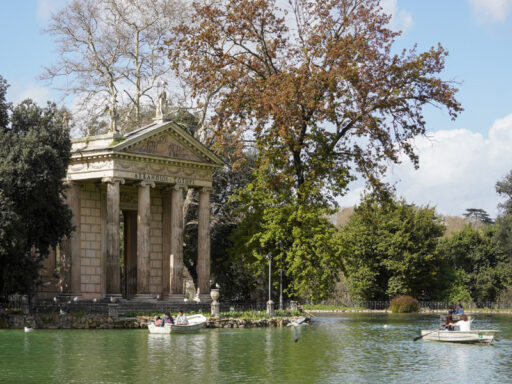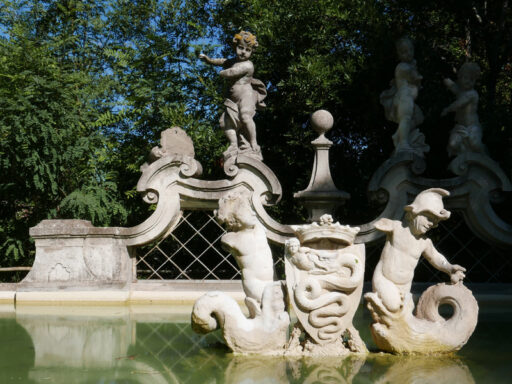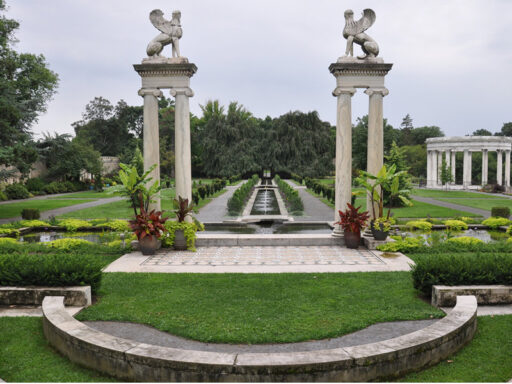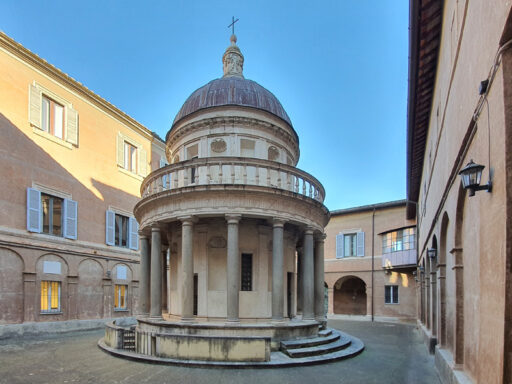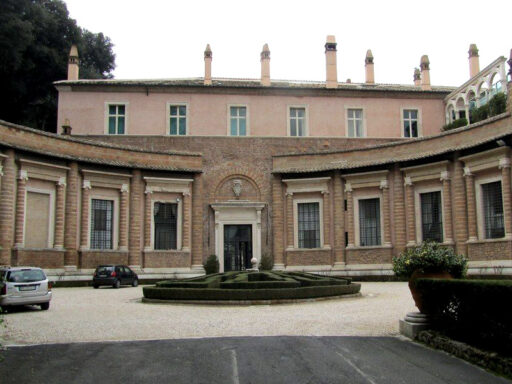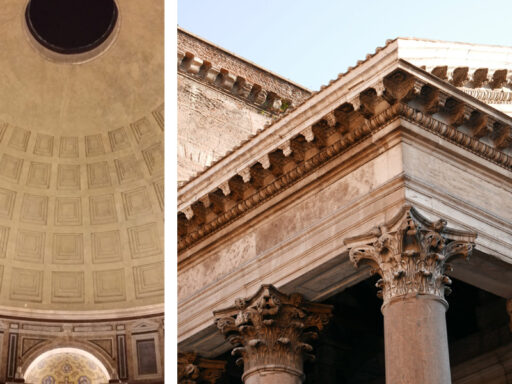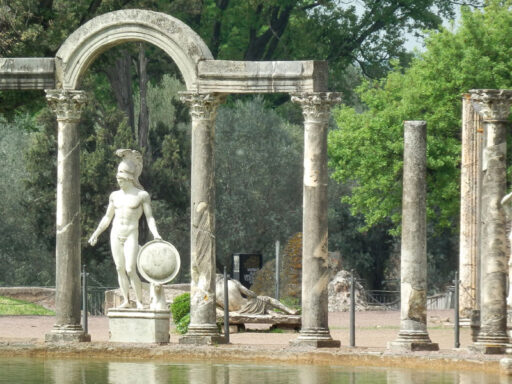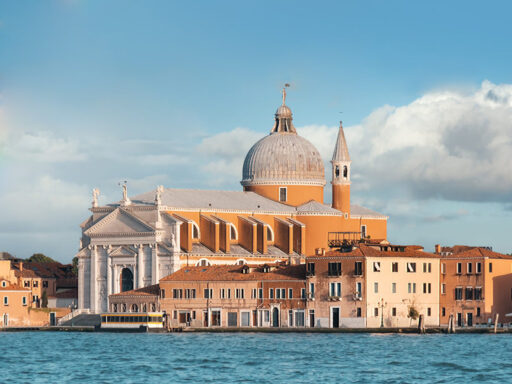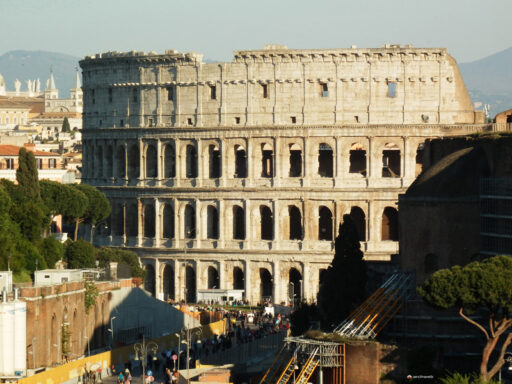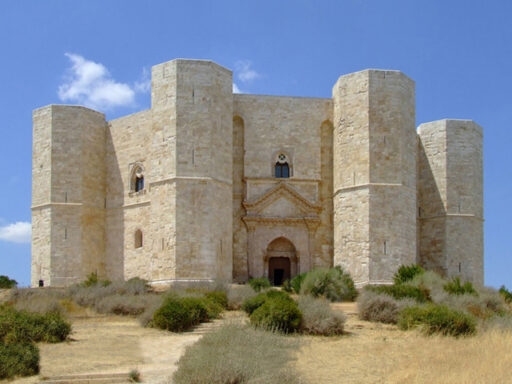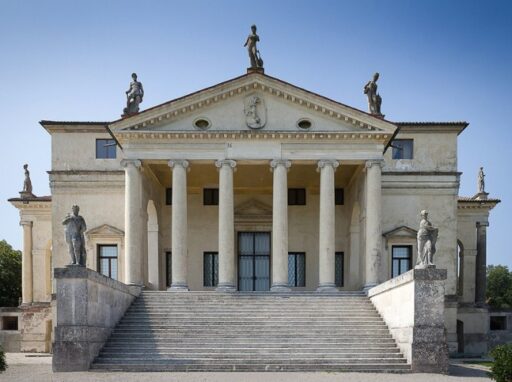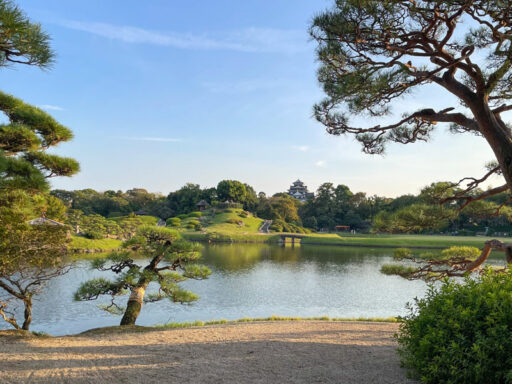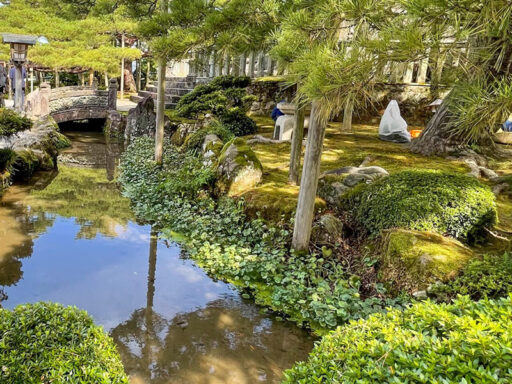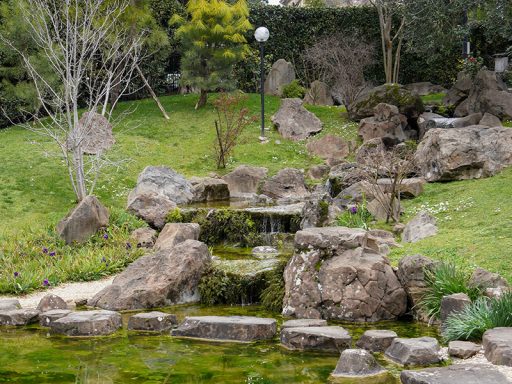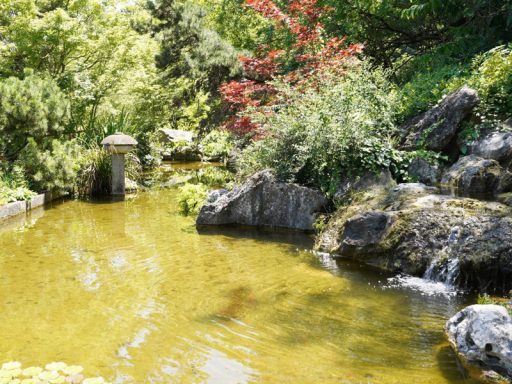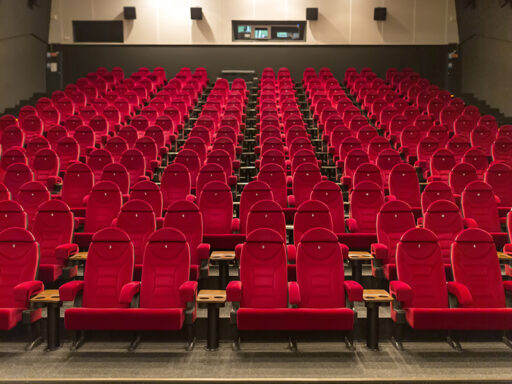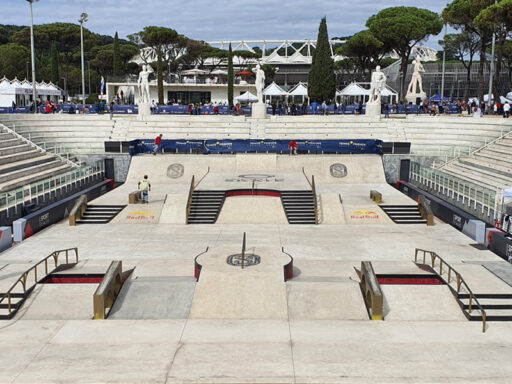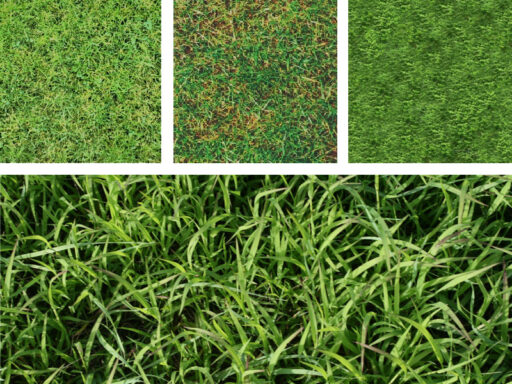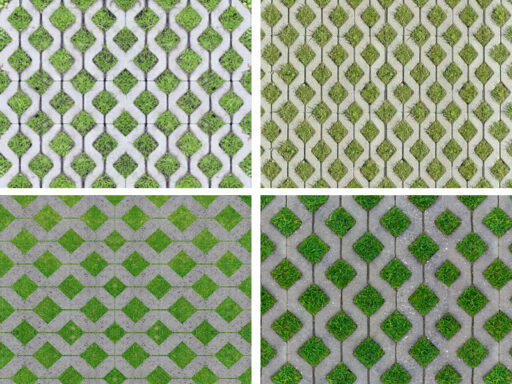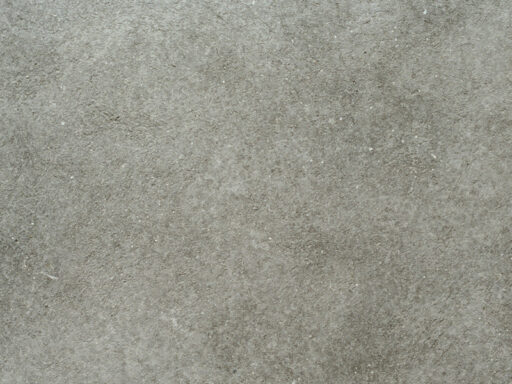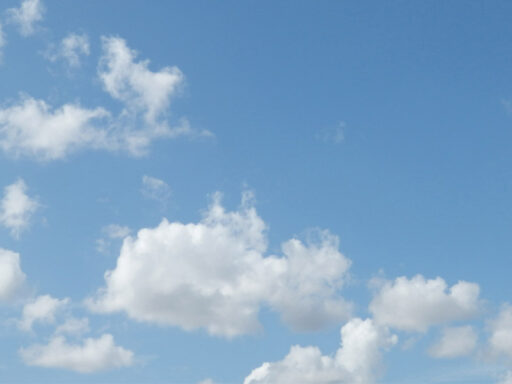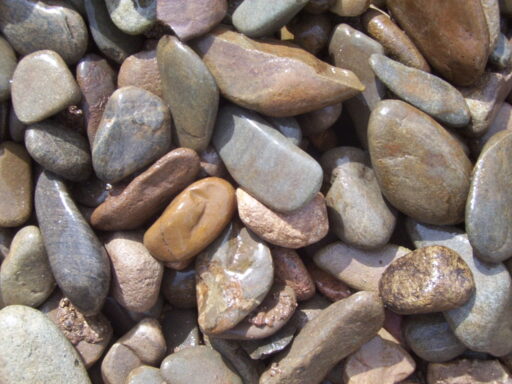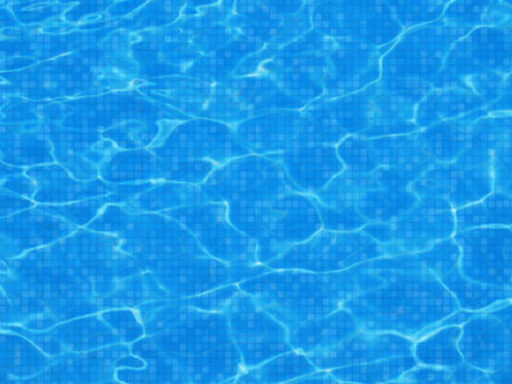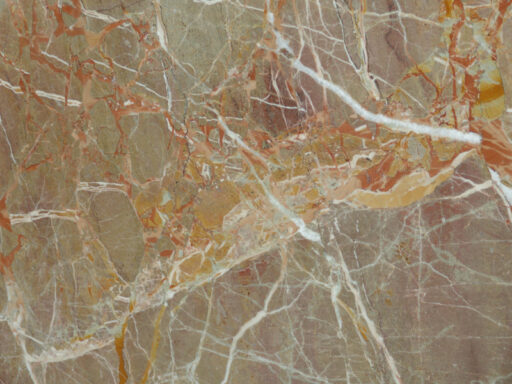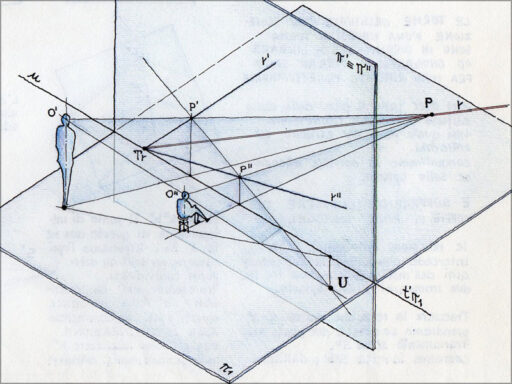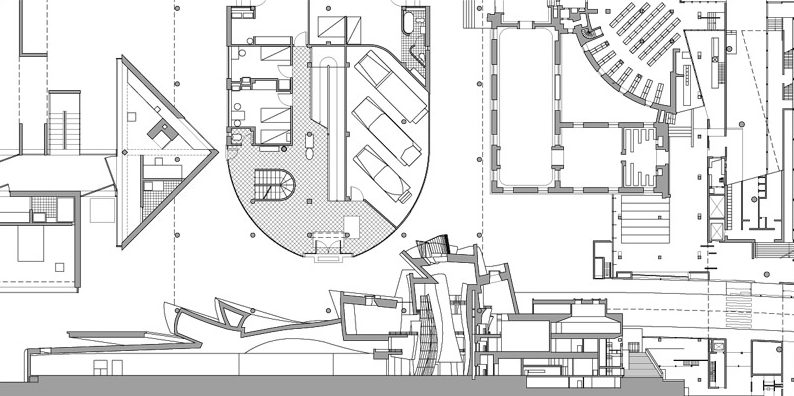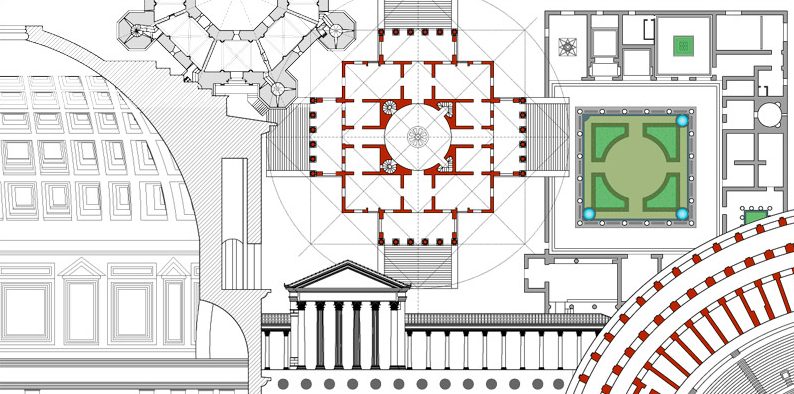The art of re-living
Re-living Italy between artist residences, project culture and construction paths

Eight days of late summer in the Bormida Valley between design and artistic activities in a former disco and in rock chapels in Bergolo, Levice and Monesiglio (CN).
From Saturday 21st to Sunday 29th September, the Municipalities of Levice, Bergolo and Monesiglio, in the province of Cuneo, in the Bormida Valley, one of the fragile areas of the Piedmont Region, will host cultural events and activities aimed at enhancing and reusing some iconic spaces, with architects and artists, and the involvement of population and experts.
In this patch of land suspended between sea and hills, culture has been adopted as a vehicle for development by municipalities that have fewer inhabitants than a Turin condominium, immersed in unspoiled nature adorned with small and interesting architectures.
"Since 1976 and with greater conviction and results since 2013 we have focused on culture as an essential factor also for the local economy:" – proudly affirms Mario Marone, Mayor of Bergolo, Municipality of 56 inhabitants, who adds – "the investment of in the last three months, a million euros to create a large arena has brought important theater companies from Africa, the United States and Europe. "
This is echoed by Francesca Rovello, Mayor of Levice, a Municipality of 200 inhabitants and like Bergolo and Monesiglio in Alta Langa – "We are at the center of an internal area characterized by the need to enhance cultural circuits and to achieve this goal the municipal administrations must work in synergy and with greater courage ”- and continues -“ For this reason we have chosen to promote a week of events between art and architecture and reflections on the redevelopment of spaces even in non-urban contexts ”.
The leading events (21 September, a journey between art and the sacredness of places) and the tail (29 September, Happy Days) of the event are organized by the Matrice Committee, promoter of the enhancement project “Valle Bormida. A thought activity ", which shares the organization of the multidisciplinary discussion between experts entitled" Rehabiting Italy. Between artist residencies, project culture and construction paths "on Friday 27 September with a.titolo, a collective of art curators, which brings to Levice an international team of participatory planning engaged in a workshop from 22 to 28 September, marking the start of the transformation of the former Baia Blanca nightclub into a multifunctional space at the service of the community.
"Intervening in a context such as that of the Baia Blanca involves a complex challenge: transforming a problem into an opportunity, a private space into a public space, and a public space into a common good" declare Luisa Perlo (a.titolo) and Otto Bugnano (Matrix Committee).
“To test the new attitudes of the Baia Blanca and the hypotheses of "low-budget creative transformation " – adds Luisa Perlo – “We invited the collective of architects Orizzontale", with whom we have been collaborating since 2015, to experiment the recipe book pilot project in this context, actively involving the population and triggering discussions with international experts too ".
"La Baia Blanca is a rare example in Italy of an open-air disco owned by the municipality that once attracted thousands of people on summer weekends" – explains Otto Bugnano – "For the administration and residents of Levice, the hope is that the Baia Blanca can transform itself into a new reference point for the territory capable of responding in an innovative way to its changed needs and continuing to focus on culture as a driving force for the regeneration of the Bormida Valley ”.
Orizzontale, a young talent of Italian architecture with international experience in participatory planning, proposes a cookbook to give new life to the Baia Blanca of Levice (CN) in the Bormida Valley
From 22 to 28 September 2019, the former Baia Blanca disco in Levice hosts the pilot edition of Ricettario, a participatory planning format conceived by Orizzontale, collective of architects based in Rome, winner of the award in 2014 Young Architects Program YAP MAXXI 2014 and awarded the "Young Talent of Italian Architecture 2018" Award by the National Council of Architects. The Orizzontale collective proposes to experiment practices of collective reuse of places through the sharing of ideas and concrete actions of artistic and architectural construction, making local and international experts dialogue with inhabitants, administrators, students, professionals and cultural, economic and social operators.The project will end on Saturday 28 September with a day of meetings open to the public and dedicated to the creation of the Cookbook for the Baia Blanca.
La Baia Blanca – expression of a very successful loisir model between the 80s and 90s that has become obsolete, of which countless examples in a state of neglect in the Italian province testify – was among the first outdoor discos in Piedmont . Closed since 2007, it was known throughout the north-west and attracted thousands of people every week to the small town of Levice, of only two hundred inhabitants. Today the Baia Blanca – where recovery investments have already started thanks to the support of Ales Spa – can come back to life through a light and sustainable conversion process, as a new public space at the service of the community.
The Ricettario therefore, it has the objective of assisting the civic reuse process of the Baia Blanca, born in response to the growing demand for recreational and cultural activities in the area, and is part of an action of the New Clients program by a. title, in partnership with the Matrix Committee, management body of the “Valle Bormida. A thought activity ", and in collaboration with the Municipality of Levice.
The Cookbook for the Baia Blanca is created with the contribution of the Piedmont Region, the Fondation de France, the CRC Foundation and with the funds of 2X1000, thanks to the support of Matteo Viglietta Spa and OM Project, and with the collaboration of the Alta Langa Cultural Park with the Banca del Fare project, the Pro Loco di Levice and the Pianpicollo Center for Research in the Arts and the Sciences.
Horizontal. Recipes for a dynamic use of architectural space
Today assigned to the gastronomic universe, the term “recipe” in the past it identified the description of techniques that were the prerogative of the so-called "mechanical" arts, which up to the Renaissance included architecture and painting.The cookbook was often a register of instructions for doing things "in a workmanlike manner" which consisted of the contributions of experts, handed down and perfected in the shops from generation to generation.
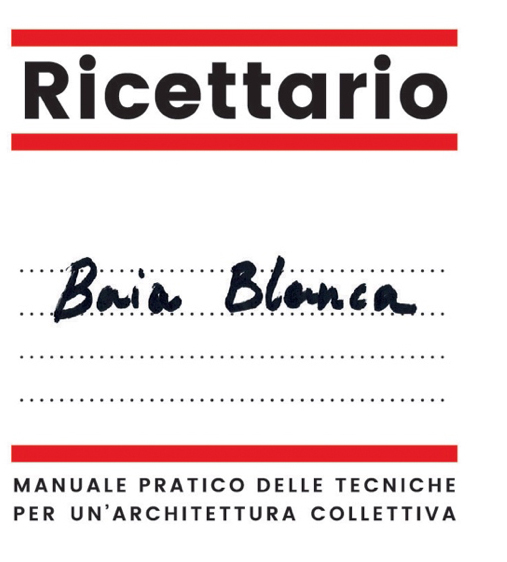 Referring to this ancient practice of transmitting expertise, Orizzontale plays with the semantic breadth of the term to give shape to "a practical manual of techniques for collective architecture" starting from the convivial situation par excellence, that of the table. During the workshop days, the Baia Blanca will host various evening activities: projections, meals, conversations, a series of "dwelling" exercises in which guests and residents will experiment together various ways of using its spaces.
Referring to this ancient practice of transmitting expertise, Orizzontale plays with the semantic breadth of the term to give shape to "a practical manual of techniques for collective architecture" starting from the convivial situation par excellence, that of the table. During the workshop days, the Baia Blanca will host various evening activities: projections, meals, conversations, a series of "dwelling" exercises in which guests and residents will experiment together various ways of using its spaces.In fact, the Cookbook aims to compare good practices and good advice, and to encourage the sharing and dissemination of creative ideas and "solutions", but it calls into question a real "design reconversion" by inviting people to live in public spaces as if they were domestic spaces, because, as Ugo La Pietra reminds us, “Living is being everywhere at home”.
In recent years, the attention of the international architectural debate has shifted towards design, construction and management methods that allow a dynamic use of architectural space. Faced with the increasingly rapid variability of the needs that the spaces built in the contemporary city must meet, we are witnessing the development of intervention methodologies that focus on the ability of the architectural discipline to react quickly and effectively to needs. In this context, architectural practice is a continuous process capable of elaborating ad hoc solutions, temporary and constantly evolving spatial configurations. The main fallout in the architectural practice of this procedural turning point in the intervention methods in public space is the progressive interpenetration and superimposition of the design reflection and the physical construction of the space. Planning, design and construction are no longer distinct and successive moments but part of an organic and simultaneous process. This type of methodology facilitates and promotes collaboration, the meeting and the exchange of knowledge both between the various "technical" actors of the process (architects, engineers, curators, artists), strengthening their interdisciplinarity, both with citizens and local authorities, connecting the energies of the intervention context.
The Cookbook will therefore allow the Baia Blanca to carry out the light and sustainable refurbishment interventions, designed in the previous months on the basis of the information received from residents and the municipal administration. To do this, Orizzontale invited the Collectif Etc, a multidisciplinary group of architects, designers, artists founded in 2009 in Strasbourg and active in Marseille since 2014, which bases its practice on a shared reflection on urban space, creating installations, mobile structures , street furniture, sets with the involvement of the inhabitants, assisted by the collective of graphic designers Super Terrain.
The interventions will concern the entrance, the former dance floor, the bar and the ground floor spaces. Thanks to them, the Baia Blanca will inaugurate its transformation into a new "intimate" square. The furnishings and the artistic and architectural interventions made during the workshop, modular and replicable, will be left supplied to the site and to the citizens.
Friday 27 September 2019
THE ART OF REHABITING. Re-inhabiting Italy between artist residences, design culture and construction pathsScarampi Palace
14.30-16.30 and 17.00-19.00
The development project of the Baia Blanca, participated with the citizens, started in 2017 in collaboration with the Municipality of Levice thanks to some contributions received from Ales (operational arm of MiBAC) and from the Fondation de France, which was involved thanks to the . title within the framework of an action of the New Clients program, inaugurated by the Cookbook project for the Baia Blanca which also makes use of the support of the Piedmont Region, the CRT Foundation and the support of Matteo Viglietta SPA, OM Project and various local actors .
The presence of the Cookbook among the actions promoted by the territorial enhancement plan of the Bormida Valley, is part of the current reflections on the role and value that must be assigned to the most "marginal" areas of Italy, which constitute reality more than two thirds of the country, in which the man-made heritage is subject to growing phenomena of abandonment that must be analyzed and contrasted, and for which a specific national development strategy called “Strategy for internal areas” is underway.
As part of the week of work, an afternoon of debate will be dedicated to these issues, and in particular to the role that artistic creation and architecture can exercise as a lever for local development and enhancement, which will take place in the historic spaces of the building. Recently restored shoes. The recent manifesto signed between CEI and the University regarding the need to humanize education through the promotion of open and supportive training processes extends the perimeter of the classrooms. Caritas supported one of the training projects that take place in the Bormida valley called Banca del Fare, a school for the recovery of the local rural heritage promoted by the Alta Langa Cultural Park.
14.30-16.30 The program includes a first session of interventions, moderated by Luisa Perlo of a.titolo, dedicated to the phenomenon of artist residences in internal areas and their potential for revitalizing territories and community ties. Speakers: Alice Benessia, artist, physicist and epistemologist, creator in Levice of the Center for Research in the Arts and the Sciences of Pianpicollo Selvatico, home of the Pianpicollo Research Residency project; Maurizio Cilli, architect, artist and urban researcher, first artist in residence of Pianpicollo Research Residency; Rebecca De Marchi, architect, artist and curator – former creator of the Eco and Narciso project of the Province of Turin and curator of the Saluzzo Rural Happening project promoted by IGAV; Emanuele Piccardo, photographer, historian and architecture critic and creator of the Nasagonando project in collaboration with the Municipality of Ormea; Stefano Boccalini, artist and public art teacher at NABA in Milan, artist of the Nasagonando project and consultant of the Aperto_art on the border project in Val Camonica, in dialogue with Andrea Bocco, Professor of the DIST Politecnico, former director of the local development agency of San Salvario and external teacher of the workshops of the Banca del Fare project of the Alta Langa Cultural Park.
17.00-19.00 The second session, moderated by Otto Bugnano di Matrice, draws inspiration from the homonymous project dedicated to the "national question" of inland areas, the first organic study conducted at a multidisciplinary level on the marginal areas of our country which was merged at the end of 2018 in the volume "Rehabiting 'Italia ”(Donzelli publisher, edited by A. Derossi), with the presence of one of its creators, Filippo Barbera, professor of sociology at the Department of Culture, Politics and Society of the University of Turin. Speakers: Giovanna Segre, economist of culture, lecturer in the Department of Economics and Statistics of the University of Turin and Santagata Foundation, Marco Bussone, national president of Uncem, national union of mountain communities and municipalities, Don Luca Peyron and Ivan Andreis of the Regional Caritas Piedmont and Valle d'Aosta, Valentina Dania of the Art, activities and cultural heritage sector of the CRC Foundation for the role of the foundation in the residency and heritage recovery projects through the “Artist residencies” and “Destruction” calls.At the end of the day, an aperitif will follow at Palazzo Scarampi.
Saturday 28 September 2019
RECIPE BOOK FOR BAIA BLANCA: SNACK SINOIRALevice, Baia Blanca h 14-19
The final day of the Ricettario sees the presence of three realities operating on a local, national and international scale, called to share with the residents and the public their experience and their approach in the field of art, architecture and design projects on the themes of transformation and reuse of abandoned spaces and buildings, in an informal and performative way, in collaboration with the Pro Loco of Levice.
Next to Maxence Bohn and Florent Chiappero of Collectif Etc, international guests of the format, will be attended by Giulia Cantaluppi and Matteo Persichino of temporiuso.net, an association that has been active for years in Milan, whose action is based on the belief that the temporary reuse of unused building heritage can activate virtuous processes of local development and function as a design and social practices, Laura Sottovia and Lorenzo Serra of the Alta Langa Cultural Park Association of Monesiglio, with Banca del Fare, a project that aims to combat the marginalization of the towns and communities of the Alta Langa by promoting knowledge and protection of the territory and the landscape built also through advanced training courses aimed at the transmission of traditional building techniques, assisted by Andrea Bocco, external teacher of the project.
Each guest will be asked to contribute with a gastronomic "recipe", the preparation of which, cooked by the Pro Loco, will be shared with the other participants and with the public.
At the end of the presentations, the conversation will turn into an informal moment of exchange in which all those present, in accordance with an all-Piedmontese tradition, will consume together the culinary preparations proposed during a sinoira snack, the frugal meal between lunch and dinner that was originally consumed by the farmers during the harvest.
The discussion will shape the first chapter of a publication, the Ricettario, "Practical manual of techniques for collective architecture", by Orizzontale.
Press office | Liana Pastorin 3482685295 | [email protected]
